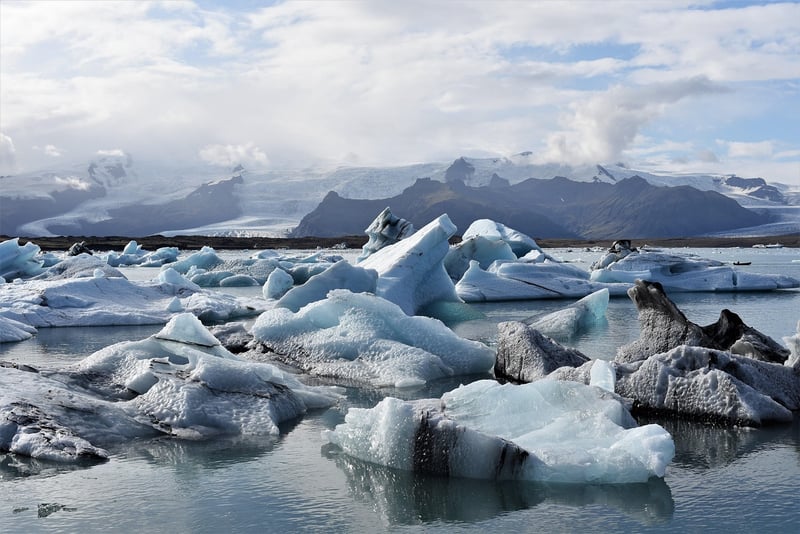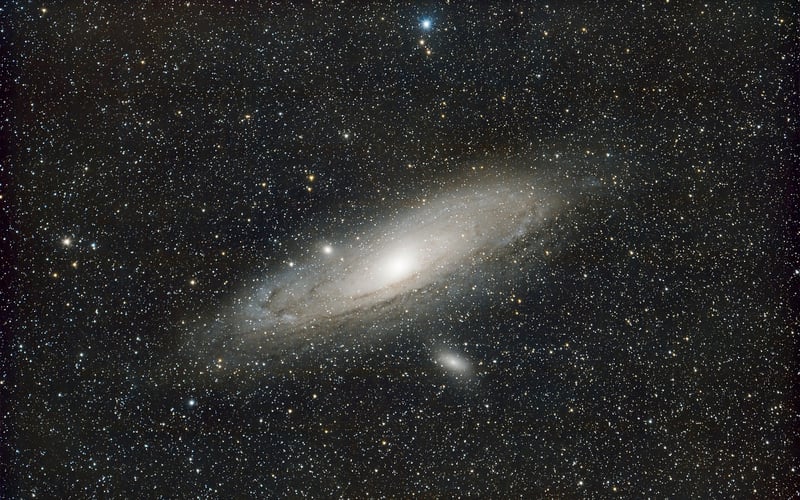Future Exploration
Exploring Different Eras and Future Exploration
Introduction
Exploring different eras allows us to understand the past while future exploration opens up possibilities beyond our current understanding. Let's dive into these fascinating realms of exploration.
Exploring Different Eras
Traveling through different historical eras can provide valuable insights into the evolution of societies, cultures, and technologies. By studying ancient civilizations, medieval times, the Renaissance, and modern history, we can grasp how humanity has progressed over time.
Ancient Civilizations
Ancient civilizations like the Egyptians, Greeks, Romans, and Mayans left behind remarkable legacies in architecture, art, and governance. Exploring their ruins and artifacts helps us appreciate their achievements and challenges.
Medieval Times
The medieval period was characterized by knights, castles, and feudalism. By delving into this era, we uncover stories of chivalry, conquests, and the rise of powerful empires.
The Renaissance
The Renaissance marked a rebirth of art, science, and humanism. Studying this period introduces us to brilliant minds like Leonardo da Vinci, Michelangelo, and Galileo, who revolutionized their respective fields.
Modern History
From the Industrial Revolution to the Information Age, modern history showcases rapid advancements in technology, industry, and globalization. Exploring this era helps us comprehend the roots of our contemporary world.
Future Exploration
Looking ahead, future exploration holds endless possibilities for humanity. Whether it's space exploration, technological innovations, or environmental conservation, the future is ripe with opportunities to push the boundaries of knowledge and progress.
Space Exploration
Exploring the cosmos has always captivated human imagination. With missions to Mars, the Moon, and beyond, we are on the brink of unraveling the mysteries of the universe and potentially discovering new worlds.
Technological Innovations
Rapid advancements in AI, robotics, biotechnology, and quantum computing are shaping the future landscape. By embracing innovation, we can improve healthcare, communication, and sustainability on a global scale.
Environmental Conservation
Preserving our planet is crucial for future generations. Through sustainable practices, renewable energy sources, and conservation efforts, we can ensure a healthier and greener future for all life on Earth.
Conclusion
Exploring different eras provides us with a rich tapestry of human history, while future exploration offers a glimpse into the endless possibilities that lie ahead. By embracing both the past and the future, we can navigate our present with wisdom and foresight.


